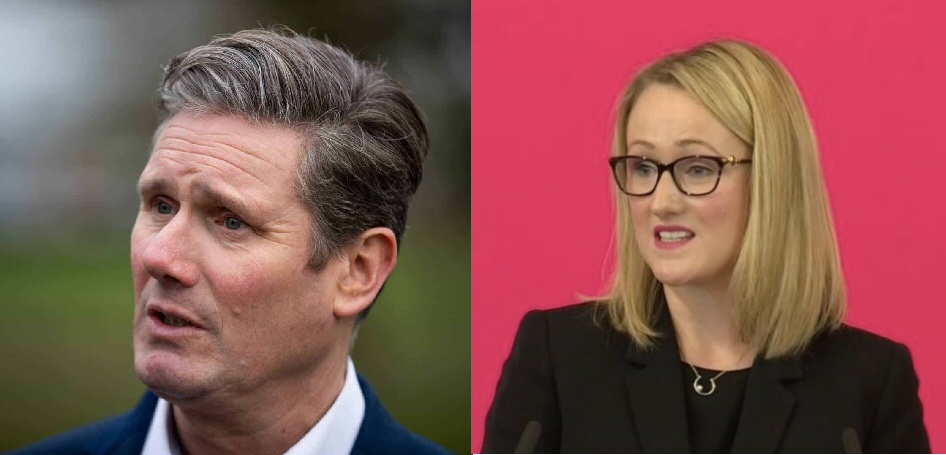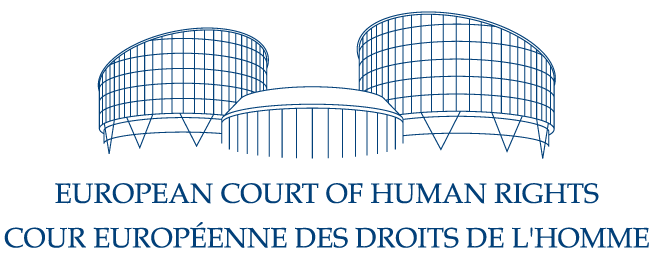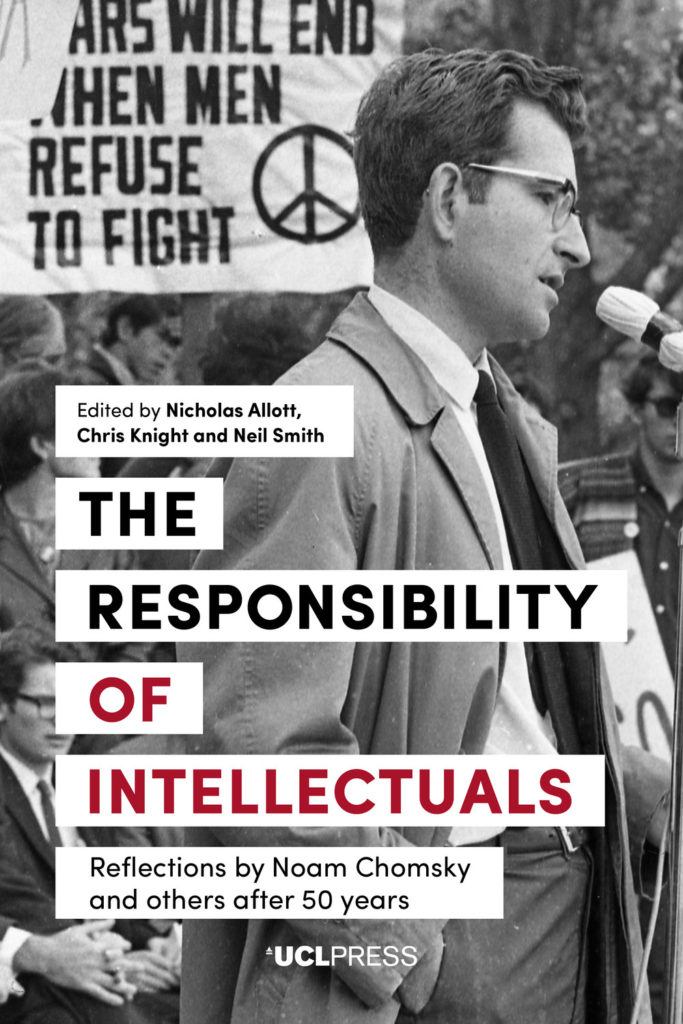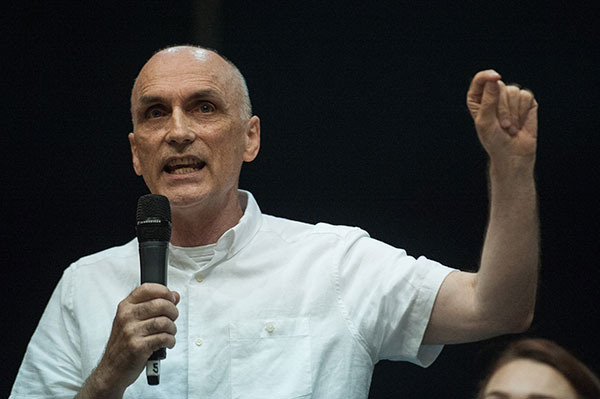This letter was sent to Labour Party Leader Keir Starmer on 27 June 2020. No response was received.
If you wish to support the letter, please send your name and CLP to starmerletter@gmail.com

Dear Keir,
As members of the Labour Party, we have been shocked by your abrupt and authoritarian decision to sack Rebecca Long-Bailey from the shadow cabinet.
The reason given for this action is specious indeed. It is not and cannot be Rebecca’s retweeting of Maxine Peake’s interview. The allegedly antisemitic section of that interview is one sentence only, stating that: “The tactics used by the police in America, kneeling on George Floyd’s neck, that was learnt from seminars with Israeli secret services.” This allegation is rebutted right away in the same interview, with the interviewer commenting between brackets: “A spokesperson for the Israeli police has denied this, stating that ‘there is no tactic or protocol that calls to put pressure on the neck or airway’.” Continue reading “Open Letter to Keir Starmer on the Dismissal of Rebecca Long-Bailey”




 Chris Williamson is an outspoken socialist and supporter of the Corbyn project, so it is no great surprise to find him the subject of a witch hunt. A campaign that has now led to
Chris Williamson is an outspoken socialist and supporter of the Corbyn project, so it is no great surprise to find him the subject of a witch hunt. A campaign that has now led to